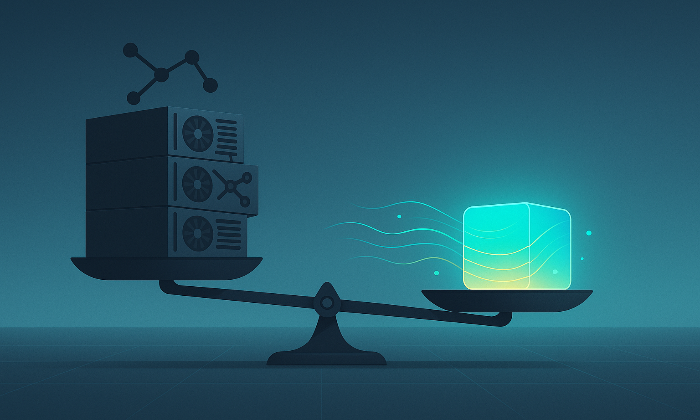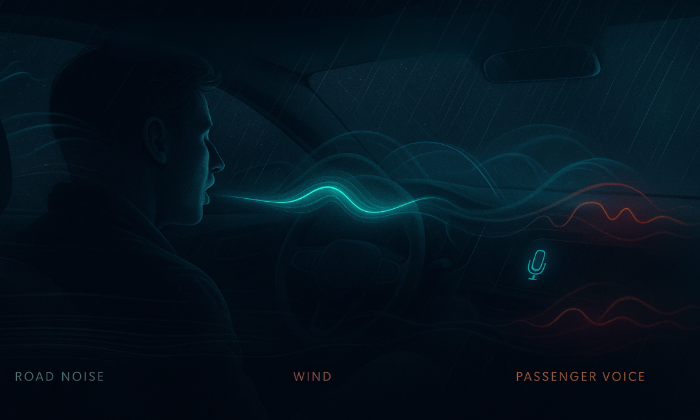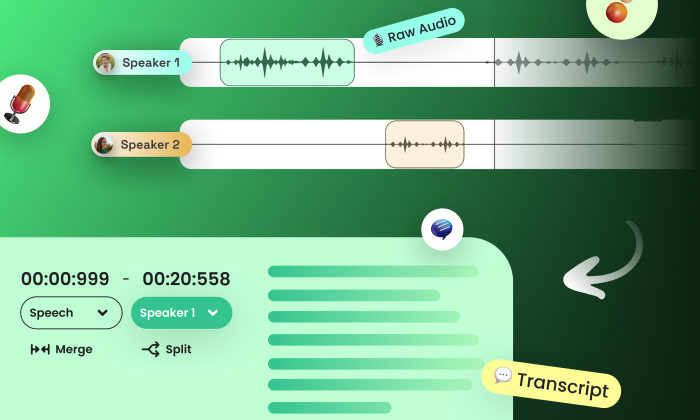Are voice cloning datasets commercially licensed?
Voice Cloning
Licensing
Speech AI
Voice cloning datasets are commercially licensed, ensuring ethical use and protecting the rights of voice contributors. Licensing these datasets is crucial for AI engineers, researchers, and product managers working on voice synthesis technology. At FutureBeeAI, we specialize in providing high-quality, ethically sourced voice data, acting as a trusted partner in the AI ecosystem.
Understanding Voice Cloning Datasets
Voice cloning datasets are collections of recorded speech data used to train machine learning models that generate synthetic voices. These datasets are essential for applications such as virtual assistants, personalized learning apps, and accessibility solutions. They typically include diverse voice samples capturing various accents, emotions, and speaking styles to ensure a broad application range.
Why Licensing is Crucial
Licensing is integral to the ethical and legal use of voice cloning datasets. It ensures that voice contributors' rights are respected and that data usage complies with legal standards. Neglecting licensing can lead to significant legal ramifications, including potential lawsuits and reputational damage.
Common Licensing Models for Voice Cloning Datasets
- One-Time Licensing: Provides a one-time right to use the dataset for a specific purpose. Ideal for projects with a defined scope, such as a single application or research study.
- Royalty Agreements: Users pay a percentage of revenue from products utilizing the dataset. This model is commonly seen in commercial applications where the dataset significantly contributes to the product's success.
- Exclusive vs. Non-Exclusive Licenses: Exclusive licenses grant sole rights to the dataset, while non-exclusive licenses allow multiple users to access the data. Choosing the right type depends on the project's needs and competitive considerations.
Essential Considerations for Licensing Voice Cloning Datasets
- Consent: All datasets should include explicit consent from voice contributors, ensuring transparency and ethical compliance.
- Geographic Restrictions: Licensing agreements may specify where and how the data can be used, which is essential for global deployment strategies.
- Duration of Use: Licenses often have a defined time frame for data usage. This is critical for projects with evolving needs or long-term objectives.
Frequent Mistakes in Voice Cloning Dataset Licensing
- Neglecting Legal Review: Engaging legal experts is crucial to avoid misunderstandings about data rights and usage, which can lead to costly disputes.
- Overlooking Scope of Use: Clearly defining the intended application is vital to prevent licensing conflicts and ensure the right model is chosen.
- Ignoring Revocation Policies: Understanding contributors' rights to withdraw consent is essential, as it impacts data usage and project continuity.
Real-World Applications and FutureBeeAI's Role
Voice cloning datasets have numerous commercial applications, such as enhancing virtual assistants, creating personalized learning experiences, and developing accessibility tools. FutureBeeAI supports these endeavors by providing ethically sourced, studio-grade voice data. Our expertise ensures that AI teams can build robust and compliant voice systems, safeguarding both data rights and contributor interests.
FutureBeeAI: Your Partner in Ethical Voice Data
FutureBeeAI acts as a secure bridge between AI companies and verified voice actors, facilitating ethical data collection and distribution. We do not engage in model development or offer voice cloning APIs; instead, we focus on delivering high-quality, compliant data that enables successful AI projects.
For AI projects needing domain-specific voice data, FutureBeeAI can provide datasets tailored to your needs, ensuring compliance and ethical data use. Contact us to learn how we can support your voice cloning initiatives with our expert data solutions.
Smart FAQs
Q. What are the ethical considerations when using voice cloning datasets?
A. Ethical considerations include obtaining informed consent from voice contributors, ensuring transparent data usage policies, and respecting individual privacy rights. Having clear agreements is essential for protecting both contributors and users.
Q. Can voice cloning datasets be used for commercial purposes?
A. Yes, they can be used commercially, typically requiring specific licensing agreements that outline terms of use, including royalties or one-time fees. Reviewing these agreements is crucial for legal and ethical compliance.
What Else Do People Ask?
Related AI Articles
Browse Matching Datasets
Acquiring high-quality AI datasets has never been easier!!!
Get in touch with our AI data expert now!








